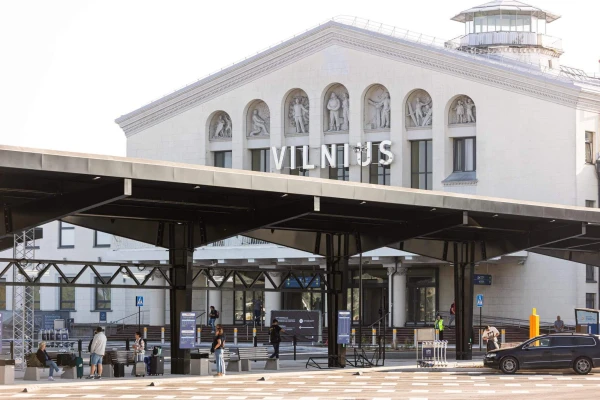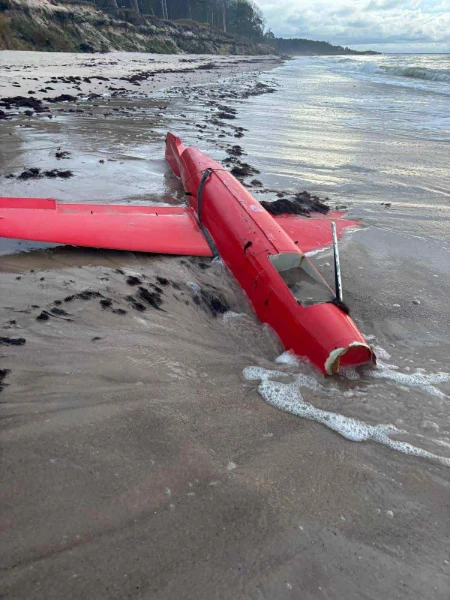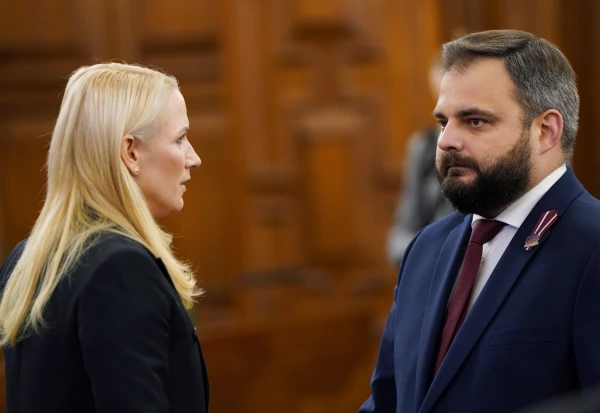
The Supreme Court refused to initiate cassation proceedings in the administrative case, within which it was recognized that the forced expulsion of the Russian citizen from Latvia occurred lawfully, reports LETA, citing the Supreme Court.
The court's decision stated that the Administrative District Court not only independently assessed the arguments of the Russian citizen regarding a possible violation of his private life but also reasonably noted that his actions, which posed a threat to the security of Latvia, had already been considered in administrative proceedings regarding the decision of the Minister of the Interior, under which the Russian citizen was included in the list of foreigners banned from entering Latvia.
The court's decision, which has come into force, rejected the Russian citizen's arguments about the violation of his right to family life.
The decision also indicated that, contrary to the claims of the Russian citizen, the expulsion did not occur in a manner that humiliates human dignity, as the individual inconveniences that arose during the process are not sufficient to establish a violation of human dignity. The Supreme Court panel also rejected the argument that the Border Guard acted arbitrarily by expelling the Russian citizen without indicating specific unlawful actions.
Furthermore, the court recognized that the Russian citizen, contrary to his claims, had the opportunity to challenge the initial decision on expulsion, as he was informed about it in a language he understood and actually exercised this right.
From the circumstances of the case, it follows that the Russian citizen, who until 2012 was a non-citizen of Latvia and then obtained Russian citizenship, was included by Minister of the Interior Rihards Kozlovskis (New Unity) in the list of foreigners banned from entering Latvia based on the conclusion of the Military Intelligence and Security Service.
Since it was established that he was physically present on the territory of Latvia, the State Border Guard accepted and executed the decision for his forced expulsion, detaining him and delivering him to the border control point at the border with Russia.
After crossing the border with the Russian Federation, the Russian citizen challenged the decision on forced expulsion, claiming that it violated his human rights to privacy and family life, as well as that procedural violations occurred during the execution that did not allow him to prepare for the expulsion and defend himself against the decision made. The Administrative District Court rejected this complaint and recognized the decision on forced expulsion as lawful.














Leave a comment